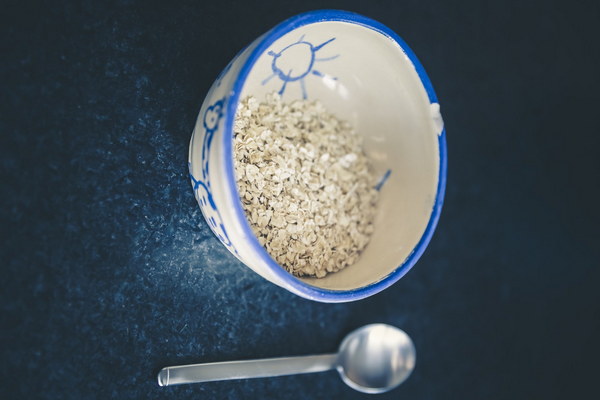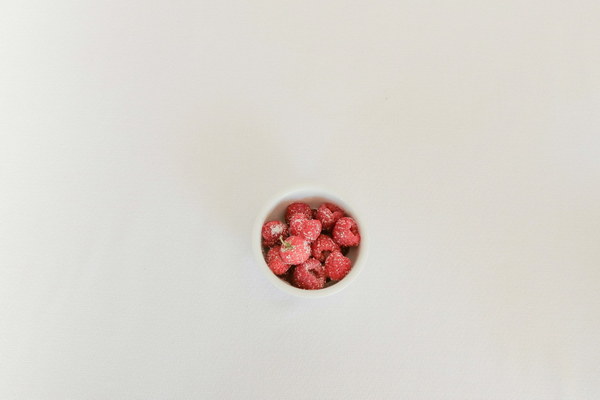Unlocking the Secrets of Dampness Removal Mastering Traditional Chinese Medicine with Teacher Zhang
In the realm of traditional Chinese medicine, dampness is a common health issue that affects many individuals. It is characterized by symptoms such as fatigue, bloating, and weight gain, among others. Teacher Zhang, a renowned expert in traditional Chinese medicine, has shared his insights on how to effectively remove dampness and restore balance to the body. In this article, we will explore the secrets of dampness removal as revealed by Teacher Zhang.
According to traditional Chinese medicine, dampness is caused by an imbalance in the body's yin and yang, leading to a stagnation of fluids. To combat this, Teacher Zhang emphasizes the importance of understanding the root cause of dampness and addressing it accordingly. Here are some key points he shared during his lecture on dampness removal:
1. Identify the root cause: Dampness can be caused by various factors, such as diet, lifestyle, and environmental conditions. Teacher Zhang advises individuals to first identify the root cause of their dampness by observing their symptoms and lifestyle habits.
2. Diet: A diet rich in dampening foods, such as dairy products, sugary foods, and heavy meats, can exacerbate dampness. Teacher Zhang suggests focusing on a diet that is warm, dry, and easily digestible, such as lean proteins, vegetables, and grains. He also emphasizes the importance of avoiding cold and raw foods, as these can further contribute to dampness.

3. Herbs and herbal remedies: Traditional Chinese medicine offers a wide range of herbs and herbal remedies that can help remove dampness. Teacher Zhang discusses some of the most effective herbs, such as Cang Zhu (Atractylodes), Fu Ling (Poria), and Bai Zhu (Atractylodes macrocephala), which are known for their drying and draining properties.
4. Acupuncture and moxibustion: Teacher Zhang explains that acupuncture and moxibustion can help balance the body's energy and remove dampness. These treatments target specific acupuncture points that are associated with dampness, such as the spleen and kidney meridians, to promote the flow of Qi and improve fluid metabolism.
5. Lifestyle adjustments: In addition to diet and herbal remedies, Teacher Zhang emphasizes the importance of making lifestyle adjustments to combat dampness. This includes regular exercise, adequate sleep, and stress management. He advises individuals to avoid excessive exposure to damp environments and to dress warmly during cold weather.
6. Mindfulness and emotional well-being: Teacher Zhang also highlights the role of emotional well-being in dampness removal. He suggests practicing mindfulness and meditation to reduce stress and improve mental health, as emotional imbalances can contribute to dampness.
By following these insights from Teacher Zhang, individuals can effectively remove dampness and restore balance to their bodies. It is important to remember that each person's experience with dampness is unique, and it may take time to find the most effective treatment approach. However, by combining diet, herbal remedies, acupuncture, and lifestyle adjustments, individuals can improve their overall health and well-being.
In conclusion, Teacher Zhang's teachings on dampness removal provide a comprehensive approach to addressing this common health issue. By understanding the root cause, adopting a healthy diet, and incorporating traditional Chinese medicine practices, individuals can effectively remove dampness and enjoy a healthier, more balanced life.









